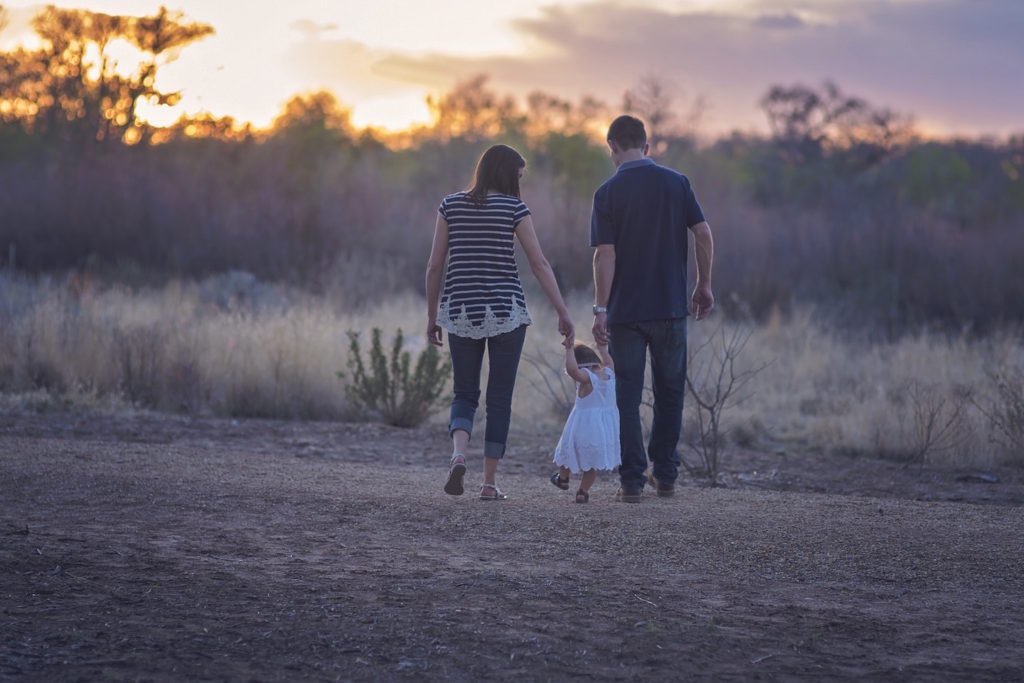You’ve wanted a child all your life, and here you are — in your 30s with no one you’re in love with and few, if any prospects, and you’re aware that it’s just going to get harder if you wait much longer. The last thing you want to do is have a child on your own — it’s hard. So what can you do? You have two choices: You can forget about having a biological child or you can do something somewhat radical — look for a man to co-parent with, not love or live with.

Platonic parenting is a growing trend, thanks to the rise of subscription-based websites such as PollenTree.com and Modamily.com, according to a recent Wall Street Journal article, which match would-be mothers with would-be fathers, no love involved. The couple featured in the article actually did fall in love, but rather than rush into tying the knot — their baby is due in June — they are drafting what The New I Do: Reshaping Marriage for Skeptics, Realists and Rebels considers a parenting prenup, a legal contract that lays out their parenting responsibilities as well as how they will raise their child, from schooling, to discipline, to religion and more.
It’s hardly a new concept: gays and lesbians have been turning to all sorts of creative ways to have biological children, including co-parenting arrangements, for decades.
What kind of love do kids need?
Now that it’s becoming an increasingly popular option for heteros, it raises the question — do children really need their parents to love each other?
Most of us would agree that kids need to be raised in a loving environment and they certainly need their parents to love them. But love each other? Actually, no.
Many divorced parents successfully co-parent their children long after their love for each other has left. And whatever you think about Gwyneth Paltrow, she and her former husband, Chris Martin, have quite consciously led the way in showing us that couples can part lovingly so they can put their children first.
Love can be problematic when it comes to children. Most of us marry for love (which has made a mess of marriage, according to historian Stephanie Coontz) but love is an emotion — it comes and goes. It also can lead to some of our worst behavior, like jealousy, neediness, fear and anger. Love-based marriage, with the “instability, tension and even violence that too often forms a central part of romantic conflict,” doesn’t always offer children the security they need, note philosophers Samantha Brennan and Bill Cameron.
Let’s be honest — love often leads to a lot of conflict, and research overwhelmingly indicates that conflict is harmful to children.
So should more wannabe parents consider having a child with someone they like and respect, someone who has the temperament and skills to be a great father or mother, over someone they love?
It may not be a bad idea, especially if the person you love may not be up to the job of parenting.
What about love role models?
Still, many might question, how will kids learn what a loving romantic relationship looks like if their parents don’t model it?
It’s a valid question. That said, we all know parents in unhappy, loveless and sexless marriages who stay together “for the kids” — what are they modeling?
Wouldn’t children learn as much or more about loving relationships by seeing their non-romantic co-parenting parents being kind, generous and respectful to each other — in other words, loving but not necessarily sexual (not that kids even want to think about their parents being sexual; they don’t) — especially since experts say that’s the “secret” to lasting relationships?
Clearly having parents who love each other isn’t essential for raising happy, healthy children. Maybe people who want to be parents should stop looking for a soulmate, “the one” or someone to love, and instead look for someone to have kids and co-parent with. Your kids might one day thank you.
Want to learn how to create a parenting prenup? (Of course you do!) Read The New I Do: Reshaping Marriage for Skeptics, Realists and Rebels (Seal Press). You can support your local indie bookstore (please do) or order it on Amazon. And we’re now on Audible.
















